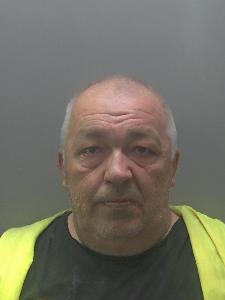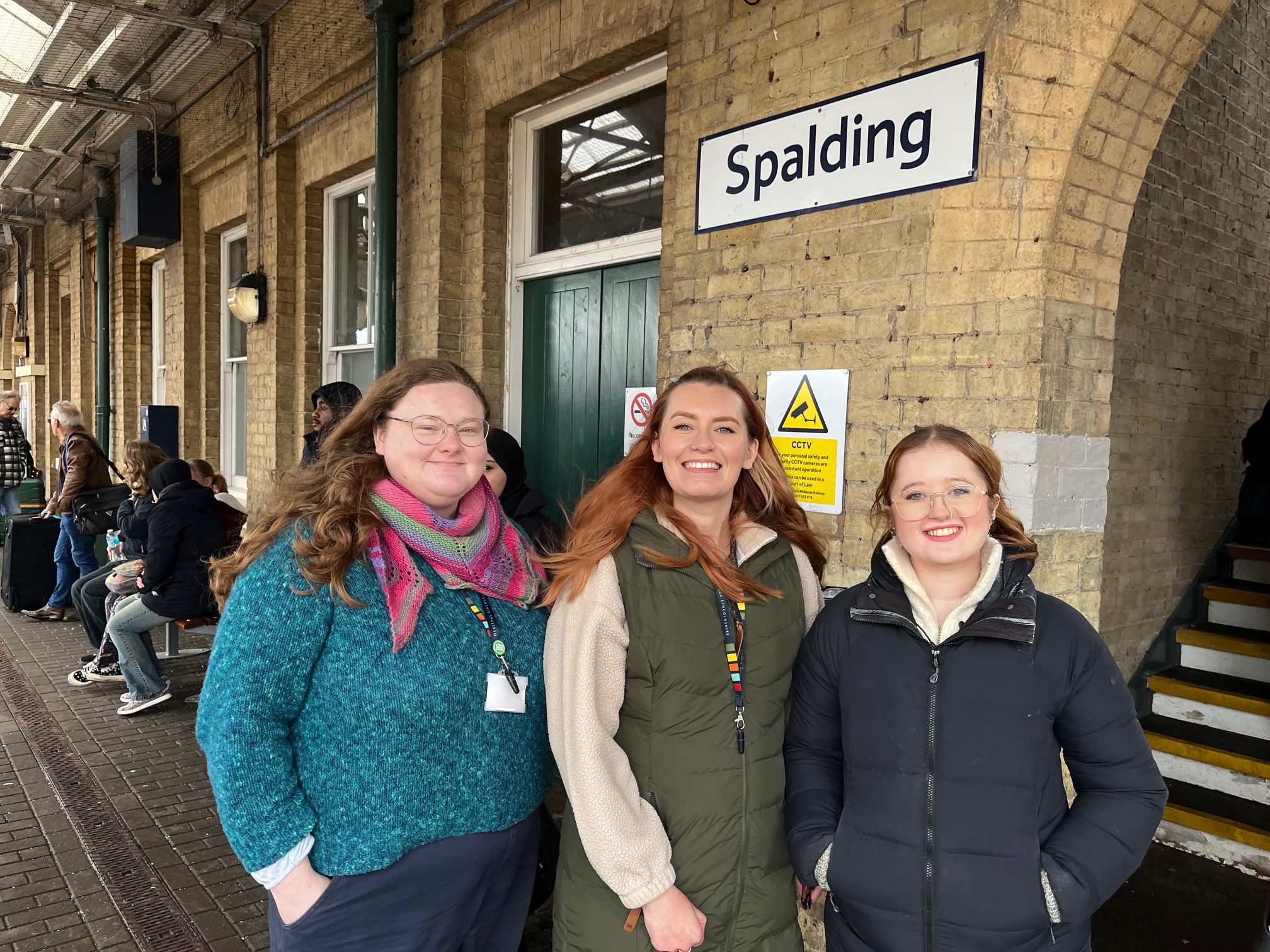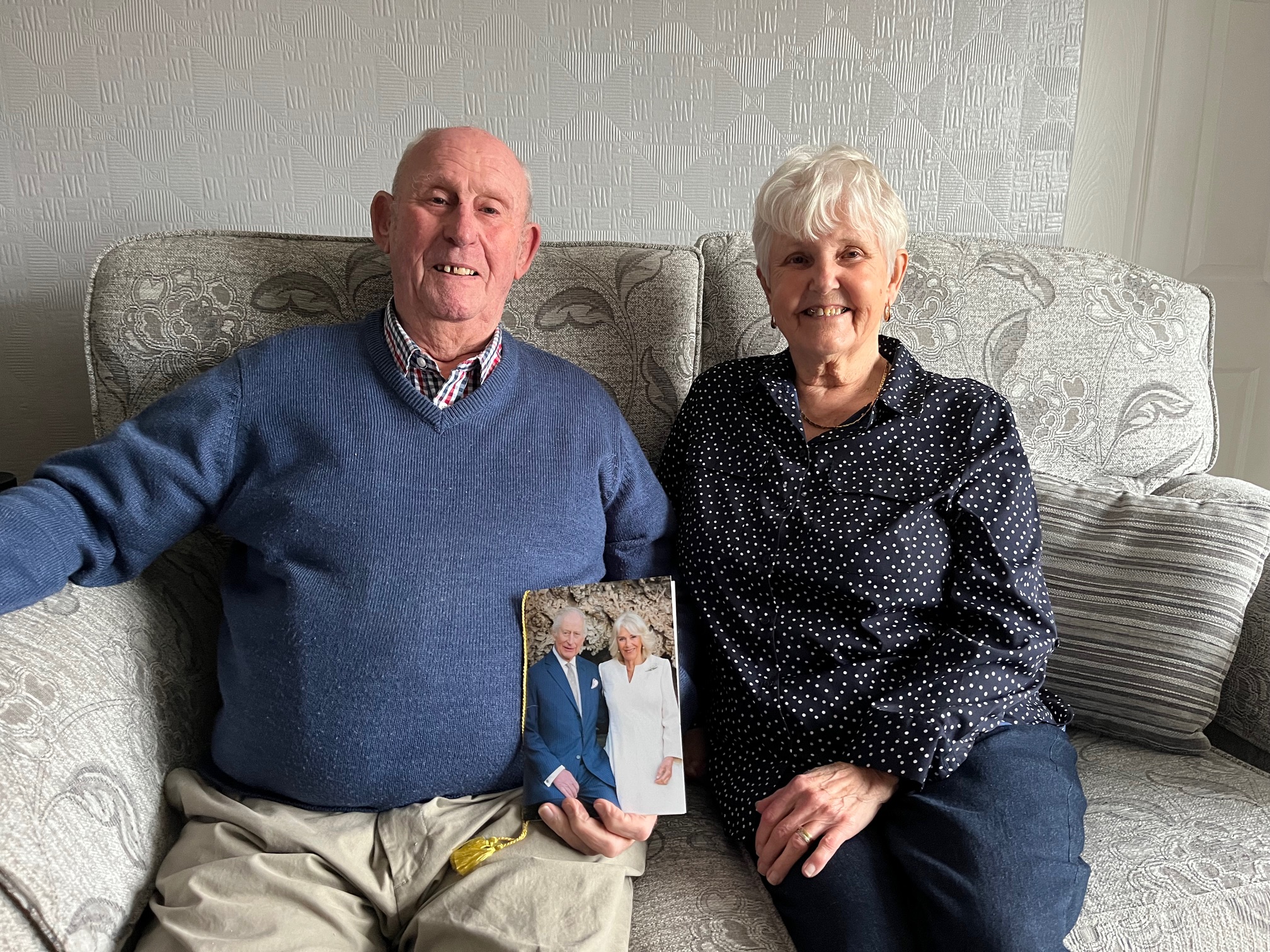Lincolnshire Fire and Rescue are looking to reduce the number of false alarm fire call-outs to businesses in the county, in line with changes implemented by a number of partner services within the region.
The service will be amending their ‘call challenge’ policy to manage automatic fire alarm calls, supported by guidance issued by the National Fire Chiefs Council.
The policy won’t apply to any kind of housing or premises where people sleep, buildings such as hospitals or premises that have been assessed as having complex issues or hazards.
From April 1, 2020, if an alarm call centre informs the fire control room that an alarm has activated at a lower risk commercial premises, someone on site will need to confirm a fire situation before any fire appliances are sent out.
Coun Nick Worth, executive councillor for emergency services at the county council, said: “In 2017/18, our firefighters attended around 500 false alarms from automatically activated fire alarms to these type of low risk businesses. This obviously ties up our resources meaning we could have a delayed response to real incidents.”
Chief Fire Officer, Les Britzman, added: “Many of the false alarms are caused by poorly maintained equipment and this is something we always encourage businesses to address.
“We regularly work with businesses to offer fire safety advice, and the time saved attending false alarms will allow our operational crews to focus on supporting businesses in this way.”
Over the last five years, 0.6 per cent of the automatic fire alarm calls received from businesses that would be subject to the new call challenge policy, were actual fires.
Of these incidents, most were in daytime (working) hours and would have been confirmed as fires. The remaining few incidents at night resulted in a fire crew carrying out either no or limited firefighting actions, such as isolating a power supply or using a water backpack to damp down.







